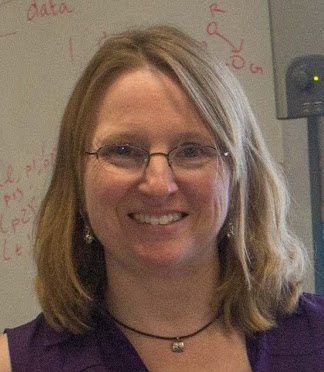Cited By
View all- Brooks AMonga MLonati VBarendsen ESheard JPaterson J(2024)Agile Ethics: A Low Stakes, Skills-based Framework for Teaching CS EthicsProceedings of the 2024 on Innovation and Technology in Computer Science Education V. 110.1145/3649217.3653539(492-498)Online publication date: 3-Jul-2024
- Landesman RSalac JLim JKo A(2024)Integrating Philosophy Teaching Perspectives to Foster Adolescents' Ethical Sensemaking of Computing TechnologiesProceedings of the 2024 ACM Conference on International Computing Education Research - Volume 110.1145/3632620.3671106(502-516)Online publication date: 12-Aug-2024


